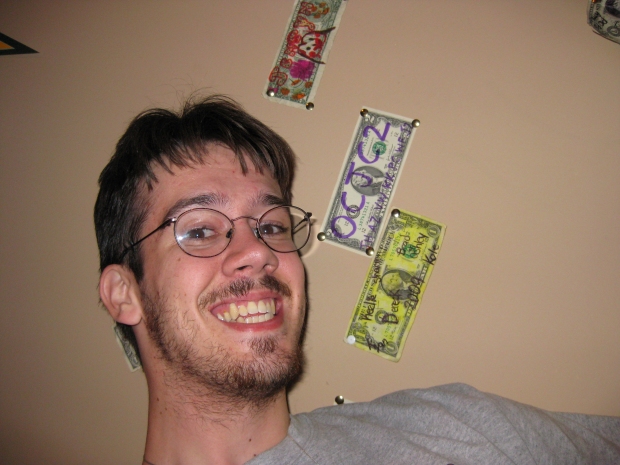

He created the terms gender dysphoria, chronophilia, lovemap and gendermap, sexosophy, gender crossover, gynemimesis and andromimesis, among others. And he was singled out for allegedly pedophilic practices in experiments on children. He was objected to for attempting to normalize pedophilia. He conducted sexological studies on intersexual children, sexual fantasies, paraphilias and especially pedophilia, defending what he called ‘affective’ pedophilia. Money’s gender identity was the opposite of biological sex determinism. This process, Money said, occurred during the first three years of the child’s upbringing. For Money, parents transmit to their children an intimate sense of male or female being, which he called a gender identity. Each infant assimilates both halves of the code, identifying with one and complementing the other.

Money argued that social gender is encoded in infancy for either female or male. It was he who, in the English language, moved the term gender from the study of language to the health sciences, while studying hermaphroditism in the Department of Psychiatry and Pediatrics at Johns Hopkins Hospital. From 1951 until his death in 2006, he was professor of pediatrics and psychology at Johns Hopkins University.Īs a sexologist, Money claimed that sexual identity–which he called gender identity–was independent of genetics and determined by upbringing.

John Money, a New Zealand psychologist with master’s degrees in Psychology and Education from the University of Wellington, emigrated to the United States in 1947, studied psychiatry at the University of Pittsburgh and in 1952 received his doctorate from Harvard.


 0 kommentar(er)
0 kommentar(er)
